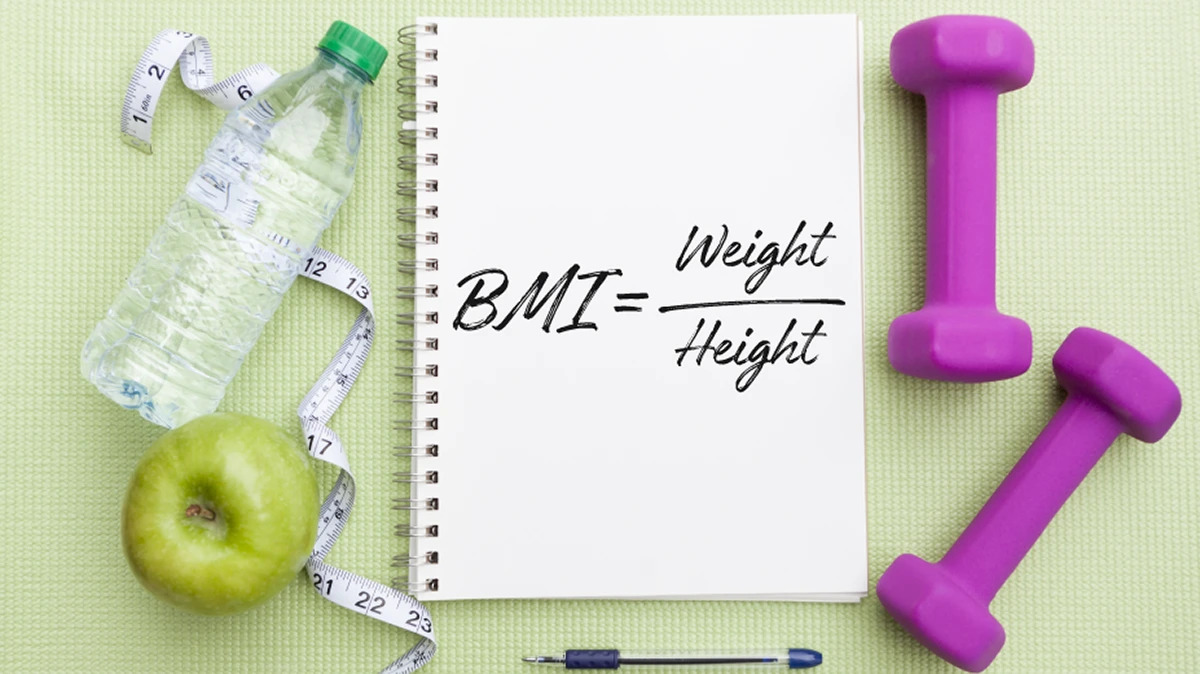Over 39 percent of all adults in the U.S. are obese, according to a 2015-2016 National Health and Nutrition Examination Survey produced by the National Institutes of Health. The survey also found that 42.8 percent of middle-age adults are obese.
You can find out if you are overweight or obese by calculating your body mass index (BMI), a measure of body fat based on height and weight. People with a BMI of 25 to 29.9 are considered overweight, while people with a BMI of 30 or more are considered obese. If your BMI is 30 to 35, you are considered to be moderately obese. Whether you are overweight or obese, it's important to address it before you develop obesity-related health problems.
Best Ways to Lose Weight for the Moderately Obese
Whether you start a weight loss diet or opt for bariatric surgery, any weight loss program requires changes in your eating habits and an increase in your physical activity. The treatment methods that are right for you depend on your level of obesity, your overall health and your willingness to fully participate in the weight loss plan.
Dietary changes. No matter how hard you try to lose weight, it always comes back to making dietary changes. Reducing calories, restricting some foods and selecting healthier foods can help you lose the extra weight. While the Floyd Center for Bariatric Services recommends focusing on a comprehensive lifestyle and dietary changes that include a high protein and low carbohydrate diet, the best weight loss diet is one that works to keep you healthy.
Exercise and activity. People who are overweight or obese need to get at least 150 minutes a week of moderate-intensity physical activity to prevent further weight gain or to maintain the loss of a modest amount of weight.
Prescription weight loss medications. If your body mass index (BMI) is 30 or greater, you may benefit from a weight loss medication. Let your doctor guide you in selecting a newer medication, including:
- Buproprion and naltrexone (Contrave)
- Liraglutide (Saxenda)
- Lorcaserin (Belviq)
- Orlistat (Xenical)
- Phentermine and topiramate (Qsymiia)
Weight loss surgery. Bariatric surgery for obesity may be a consideration if you have tried other methods to lose weight that haven't worked and:
- You have extreme obesity (BMI of 40 or higher)
- Your BMI is 35 to 39.9, and you also have a serious weight-related health problem, such as diabetes or high blood pressure
- You're committed to making the lifestyle changes that are necessary for surgery to work
Bariatric Surgery for Extreme Weight Loss
While every weight loss clinic is different, you should opt for bariatric surgery if you meet one of the following criteria:
- Have a BMI of 40 or higher
- Have a BMI of 35 or higher and weight-related health problems
- Have not had success with other weight loss diets
With any weight loss diet or surgery, it is helpful to have the support of health professionals such as a licensed dietitian, counselor, or an obesity or metabolic specialist. These experts can answer your questions and motivate you to stick with the weight loss plan, even when you hit a plateau, for long-term success.
Sources
Mayo Clinic: "Obesity: Treatments and drugs."
Womenshealth.gov: "Overweight, obesity and weight loss fact sheet."
MedlinePlus: "Health risks of obesity."
NCHS Data Brief, No. 288, October 2017: "Prevalence of Obesity Among Adults and Youth: United States, 2015–2016."
